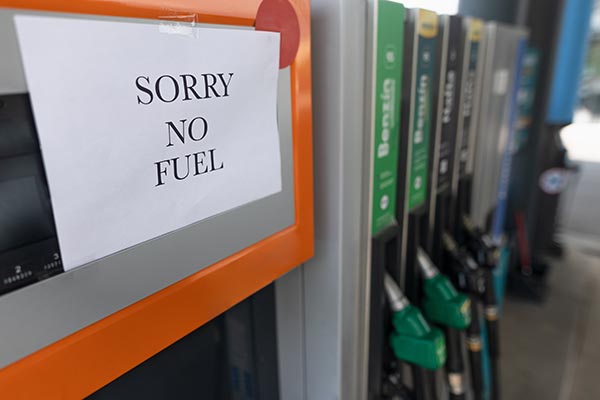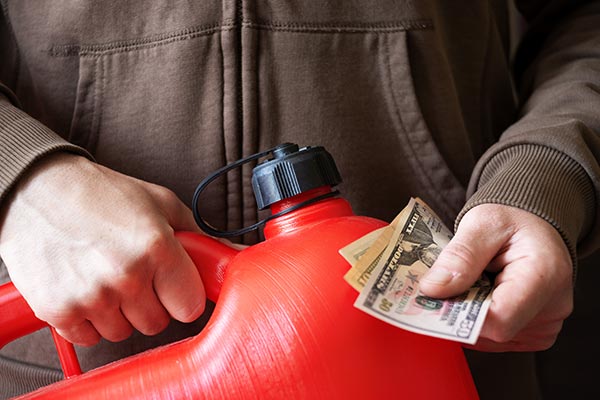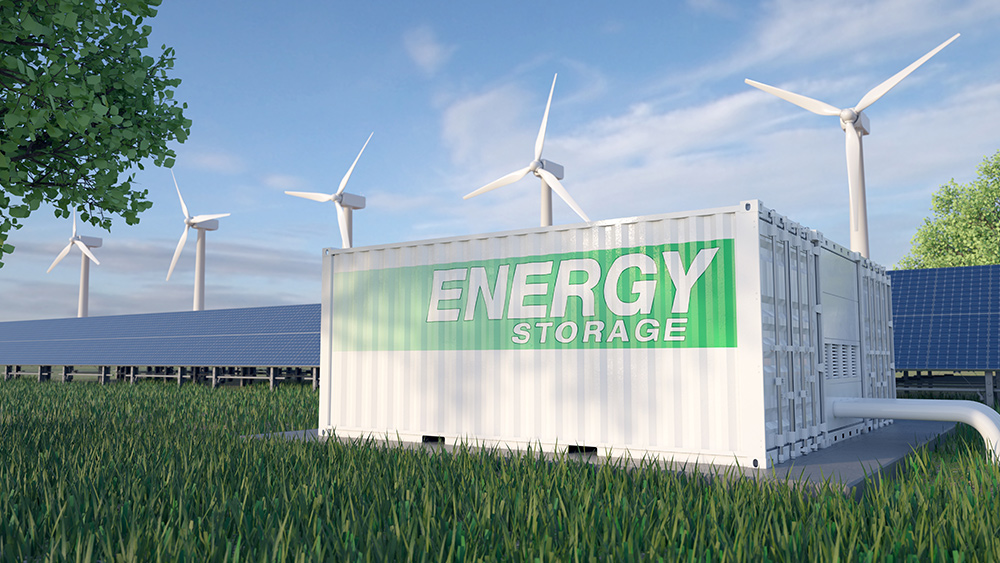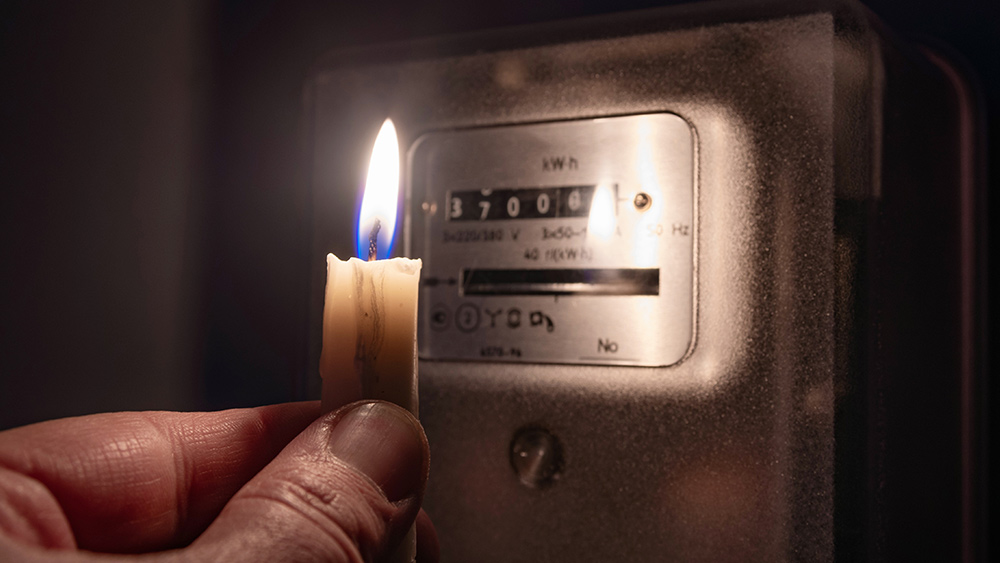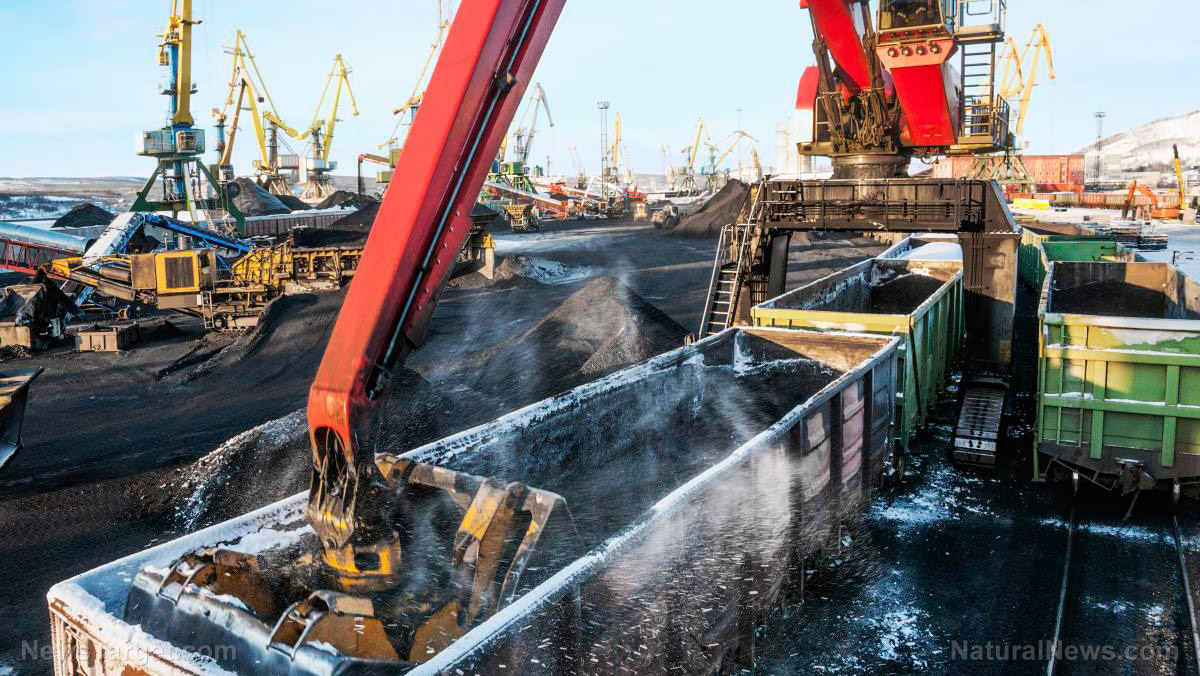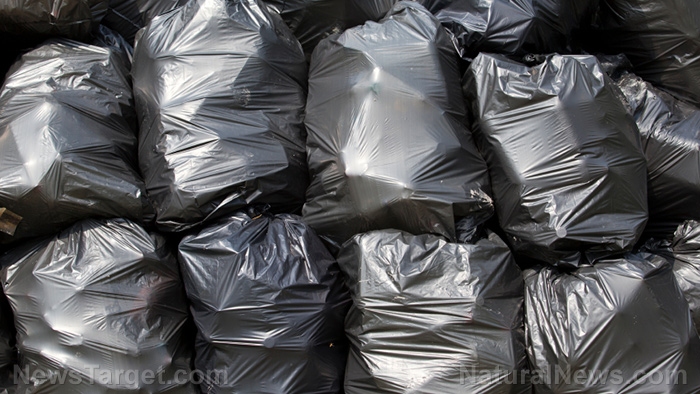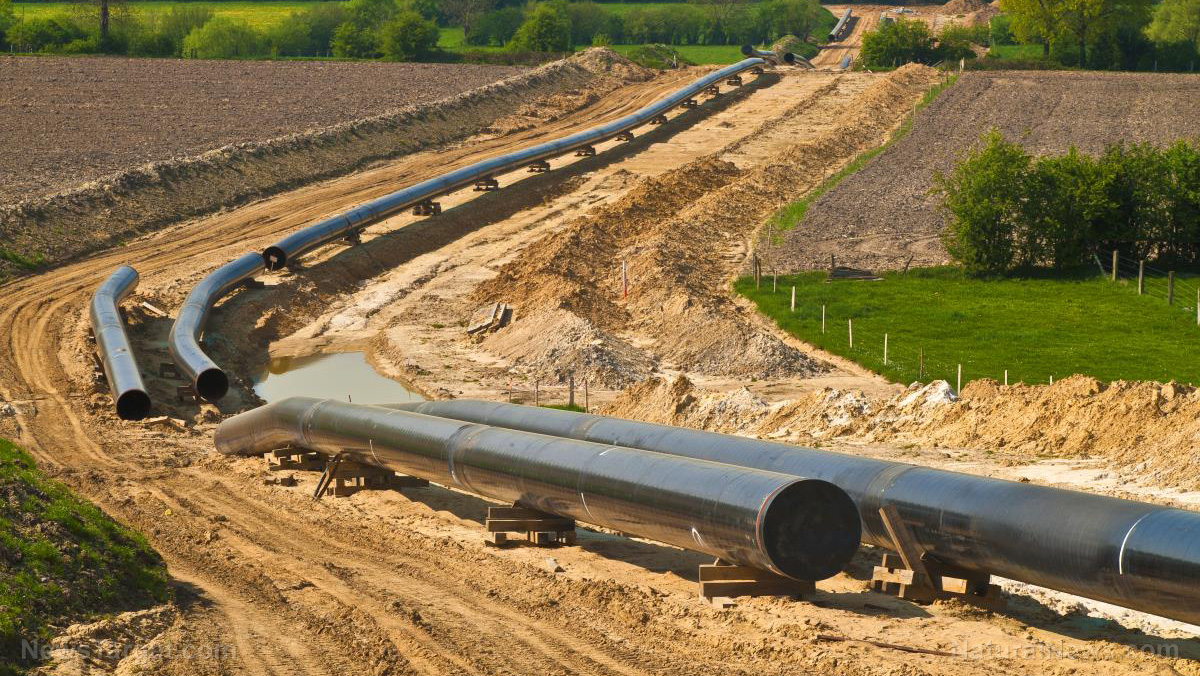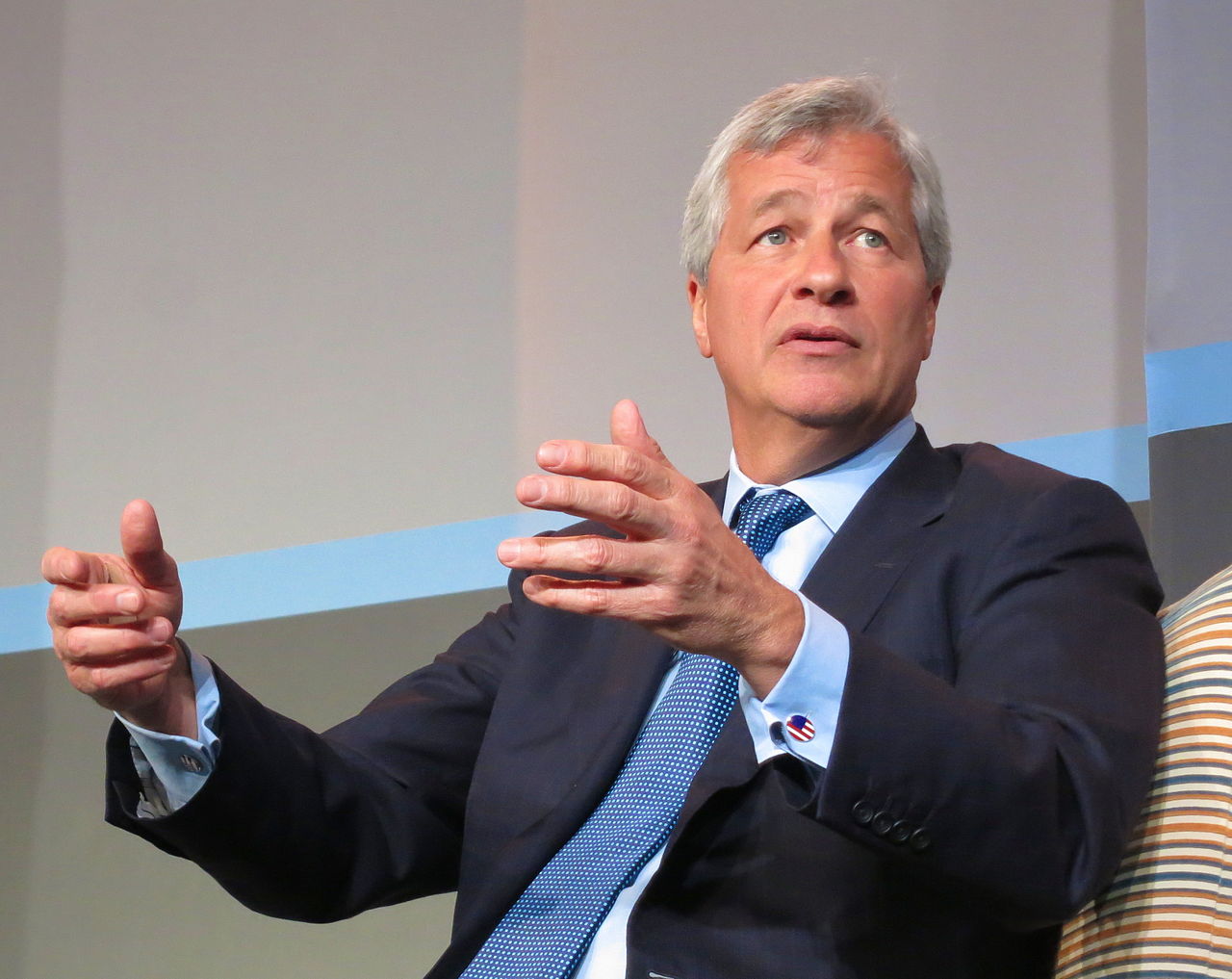World’s largest steel manufacturer to shutter plants in Germany amid catastrophic energy crisis
10/27/2022 / By Ethan Huff
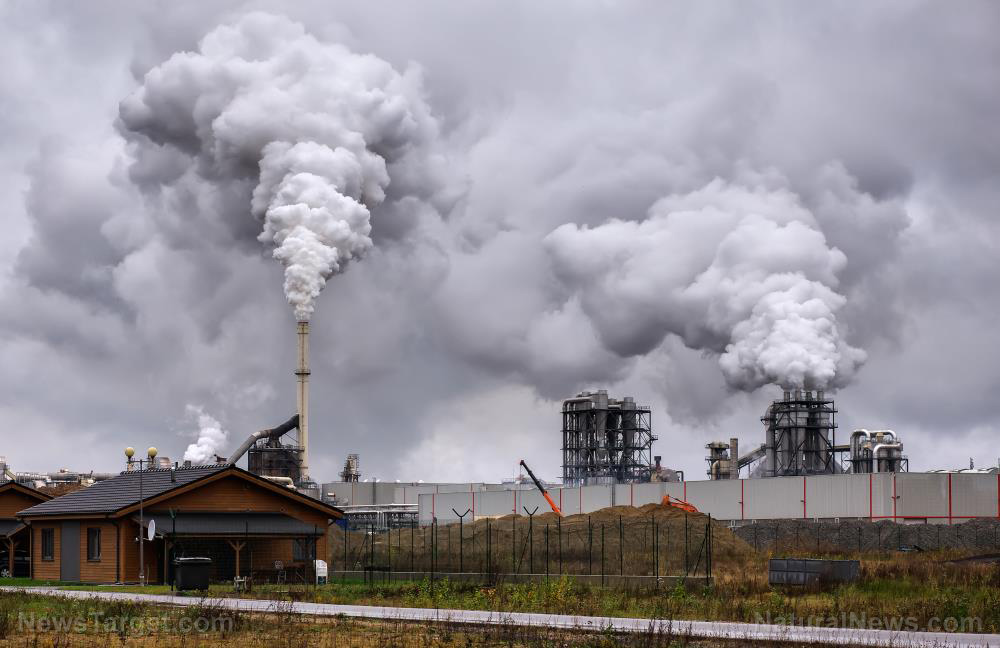
The world is not currently facing just any old energy crisis. This one is so massive that it is shutting down major industries like steel that function as a bedrock of industrialized society.
Reiner Blaschek, CEO of ArcelorMittal Germany, the world’s largest steel manufacturer, would know. He told the media recently that his own company is having to trim down operations due to exorbitant energy costs that show no signs of relenting.
ArcelorMittal operates plants all around the world, but in Germany its business is no longer able to compete due to the ongoing energy crisis. And many of the company’s competitors are in the very same boat.
Two key ArcelorMittal plants in Germany recently closed because of the crisis, and will likely never reopen due to the high costs and onerous bureaucratic red tape involved.
“Production in Germany is currently no longer competitive,” Blaschek says. “We need competitive energy prices for industry.”
The U.S. is destroying Germany and Europe to save its criminal deep state operations in Ukraine
Western sanctions against Russia over its invasion of Ukraine have left Germany in economic shambles. Entire sectors of the country’s once-great economy are crumbling into oblivion as the era of cheap and abundant energy appears to have ended.
It simply costs too much to continue operating, especially in a global market where other countries now have a massive economic advantage. The United States and NATO really did a number on Germany and Europe, in other words.
Unless some kind of intervention occurs immediately, Germany’s status as the economic powerhouse of Europe will soon be stripped – if this has not happened already.
At the ArcelorMittal plants in Germany that are still operational, workers are doing their best to customize production around times of peak energy demand when costs are highest.
At the company’s Hamburg steel plant, for instance, workers are being strategic with the timing of operations. Just one hour of crude iron smelting at the plant consumes a whopping 76,000 kilowatt-hours of electricity, after all.
This is enough energy to power half a million televisions, according to German news giant Die Welt.
“We have the gas needs of the city of Lübeck and the electricity needs of Kiel,” said Ansgar Jüchter, an engineer at the plant.
There are also efforts being made to only produce steel during optimal weather conditions – meaning when there is enough unimpeded sunlight and wind to keep Germany’s “green” solar panels and wind turbines running.
“The plant can now only afford to produce steel when there is enough solar power and wind energy flowing on the grid,” reports explain. “However, the plant also consumes huge amounts of natural gas, and in that regard, the situation is even worse.”
In order to produce high-quality steel, an ingredient known as sponge iron is necessary. ArcelorMittal produces sponge iron inside its 60-meter tower – or at least it did up until October 1 “until further notice.”
Another plant in Bremen will also see its blast furnace shut down at the end of October for similar reasons. There is just not enough energy – and what little energy remains are very expensive – to keep the industry going.
Keep in mind that the company’s Hamburg plant produces critical steel for machinery, vehicles, ships, bridges, buildings, power plants, and pipelines – pretty much everything that modern society relies on in everyday life.
“Other industrial sectors are also having major problems,” Blaschek warns about how a contagion effect is now occurring that could produce a domino effect.
Compared to last year, the steel industry will have to fork out an additional €10 billion this year to continue operations at reduced output levels.
The latest news about the energy crisis can be found at Collapse.news.
Sources include:
Submit a correction >>
Tagged Under:
ArcelorMittal, ArcelorMittal Germany, Collapse, crisis, economy, energy, energy collapse, energy crisis, finance, green energy, industrial collapse, manufacturing, plant shutdown, steel
This article may contain statements that reflect the opinion of the author
RECENT NEWS & ARTICLES
COPYRIGHT © 2017 POWER NEWS

